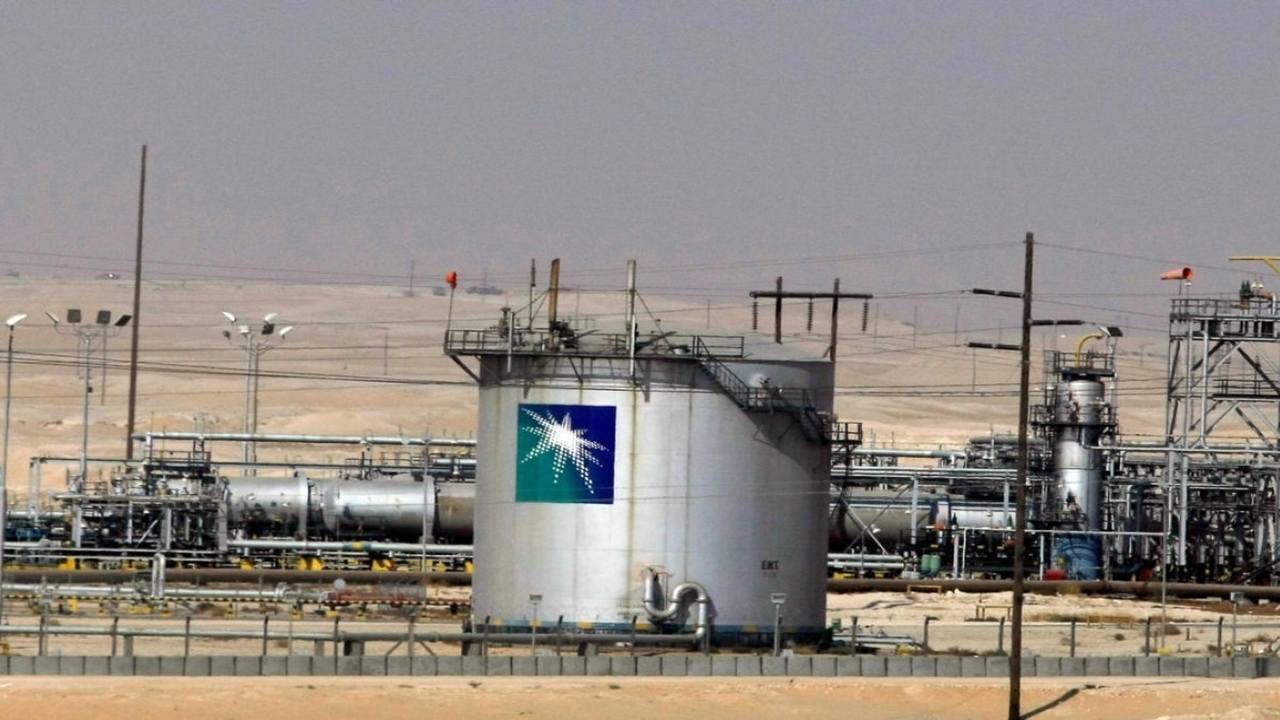The market price of international crude saw a recovery on March 10, Tuesday, reaching up to USD 35 per barrel after falling to a record 25% low of around USD 30 per barrel on Monday – the lowest since 2016 and largest one-day fall since the Gulf War in 1991.
The recovery is based on expectations of an economic stimulus from the US and Japan. However, it may be difficult to sustain oil prices until production is slashed significantly. The stark fall in crude oil prices is attributed to a price war waged by Saudi Arabia after the failure of Organisation of Petroleum Exporting Countries (OPEC) negotiations with Russia last week.
Russia became a part of the OPEC+ initiative in 2016 after oil prices fell due to a US decision to increase its domestic production. Both Saudi Arabia and Russia had been coordinating oil production since then in order to keep oil prices under control.
The OPEC countries led by Saudi Arabia called for a coordinated production cut, citing the falling demand of petroleum products due to the spread of Covid-19 or coronavirus disease that has affected economic activities in most European and Asian countries.
Russia, one of the largest producers of oil, reportedly refused to reduce its production. This prompted Saudi Arabia, the largest exporter, to offer its oil at cheaper rates. Saudi Arabia has also proposed to increase its production from April 1, 2020.
The CEO of Saudi Aramco, the world’s largest oil company controlled by the Saudi government, has declared that it will hike production to a record 12.3 million barrels per day in April. This is around 2.5 million barrels more than its current daily production of 9.8 million barrels per day.
This creates the possibility of an increase in the supply of oil at a time when its demand is stagnating or falling. The world’s largest importer of oil, China, has already witnessed a slowing in demand due to the coronavirus outbreak. Though there are no immediate cuts in the overall import of oil by China, it has reportedly decided to halve its import from Saudi Arabia.
The prices of oil in the international market were around USD 72 per barrel in the beginning of 2020. The sudden fall in the prices can have a massive impact on the world’s economy which has been showing signs of recession for some time now.
Any long-term fall in oil prices will adversely affect producers in Russia and the US. It will also affect the Gulf countries for whom oil export is the largest source of revenue. It can also have a negative impact on countries such as Iran and Venezuela, major producers, who are already suffering from various economic sanctions imposed by the US and its allies.
The fall in prices is expected to benefit countries such as India, which imports almost 80% of its oil. It will result in cheaper oil for consumers and a better balance of trade. However, any long-term fall or consistently low prices may impact a large number of Indians working in the Gulf region’s oil-based economies.





